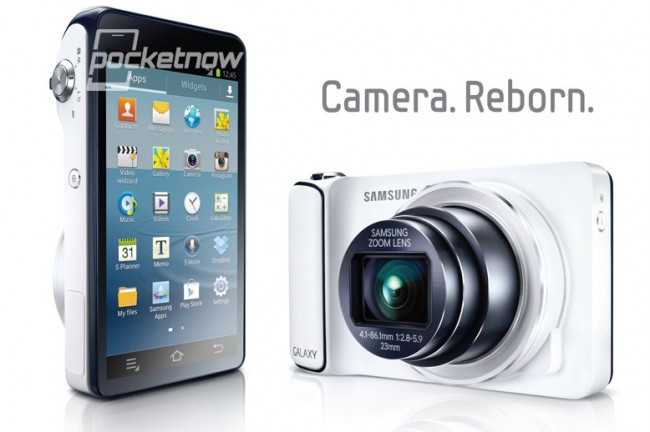
Apple co-founder Steve Wozniak says he doesn’t agree with a California court’s decision to rule in favor of the company in its patent battle with Samsung. He also attacked the entire idea of the rival lawsuits.
Speaking to Bloomberg, Wozniak said:
I don’t think the decision of California will hold. And I don’t agree with it — very small things I don’t really call that innovative. I wish everybody would just agree to exchange all the patents and everybody can build the best forms they want to use everybody’s technology.
This isn’t the first time Wozniak has made comments that show a lack of blind loyalty to his former company. In January he praised the iPhone’s beauty but argued that leading Android handsets had superior navigation, voice recognition and battery life. A few months later he spoke of looks and beauty again, but this time was complimenting Windows Phone, joking that Steve Jobs may have been reincarnated at Microsoft.
As part of the Bloomberg interview, Wozniak said his main hope for the iPhone 5 was an improved camera. He noted that the iPhone 4′s shots are inferior to those taken on his Galaxy S III.
It looks as if the Woz might be in luck. Even though it will be several weeks before any consumer get their hands on the phone, a piece of luck allows a direct comparison. Apple has released several images taken on the iPhone 5, including one of a piece of California coastline. Scott Everett of the Digital Photography Review site happened to have recently taken his own photo of the same scene with the iPhone 4.
The technical analysis shows that although the pixel count is the same, the iPhone 5 has a slightly larger sensor despite the lens being a fraction smaller. There’s also a wider range of camera speed settings: the sample iPhone 5 shot was taken at a slower speed than the iPhone 4 can use.
Whether that translates into visibly better pictures — and superior shots than the Samsung handset — is a little more subjective.
No related posts.






